Jordon’s parliament on Monday voted in favour of a law that will reinstate conscription after ending it in 1991.
Previously, Crown Prince Hussein bin Abdullah II in August said the move was to “prepare young men to be ready to serve the country and defend it”.
The development has come at a time when the ‘Greater Israel’ movement in Israel has rattled the region.
Prime Minister Jafar Hassan said the conscription law “will be among the government’s priorities in the upcoming period, in preparation for its implementation at the beginning of February next year”. Separately, government spokesperson Mohammed al-Momani had previously said the conscription will aim to recruit 6,000 men who would have completed 18 years of age by February.
Al-Momani said the penalty for failing to report for military service would be between three months and one year in prison.
Eventually, Jordan would aim to conscript 10,000 men annually.
Jordan ended conscription in 1991 — just three years before it signed a peace deal with Israel in 1994.
Jordan has a central place in the Israel-Palestine conflict. Jordan was one of the six countries that attacked Israel in 1948. It also joined Arab allies in the war with Israel in 1967. The Arabs lost both the wars. Around two-thirds of Jordan’s population is believed to be of Palestinian descent, so the kingdom has navigated the Israel-Arab tensions and Israel-Palestine conflict carefully over the years.
Has ‘Greater Israel’ pushed Jordan to reinstate conscription?
Formally, Jordan has rejected any link between Israeli extremists’ rising calls for ‘Greater Israel’ and conscription. But there are indications that the decision is indeed rooted in Israel’s expansionist rhetoric.
Government spokesperson Al-Momani denied that the conscription law was related to Israeli Prime Minister Benjamin Netanyahu’s apparent support to calls to create ‘Greater Israel’ by far-right ultranationalists in the country.
Quick Reads
View AllThe concept of ‘Greater Israel’ refers to the biblical belief that Jews had been promised a much larger area for their nation than present-day Israel. Adherents of the belief maintain that Israel should stretch from Nile to Euphrates and cover everything in between. This would mean that everything from Jordan to Iraq and Egypt to Saudi would be part of the Jewish nation.
As Netanyahu’s extremist allies have invoked it repeatedly, nearly all Arab neighbours have criticised Netanyahu’s government.
In August, King Abdullah II of Jordan rejected the idea of Greater Israel. The rejection coincided with Al-Momani warning that the practices of Israel’s far-right represented a direct threat to regional stability. He said “the Jordanian people stand shoulder to shoulder with their armed forces and security services in confronting challenges and risks”. These remarks coincided with the conscription programme’s announcement.
In September, Abdullah II told the United Nations General Assembly (UNGA) said there was nothing “great” about Greater Israel and that it was a blatant violation of Arab countries’ sovereignty and territorial integrity. He said that Netanyahu’s government was not a partner in peace.
“Furthermore, the current Israeli government’s provocative call for a so-called Greater Israel can only be realized through the blatant violation of the sovereignty and territorial integrity of its neighbors. And there is nothing ‘great’ about that. I can’t help but wonder if a similar outrageous call were made by an Arab leader, would it be met with the same global apathy?” said Abdullah.


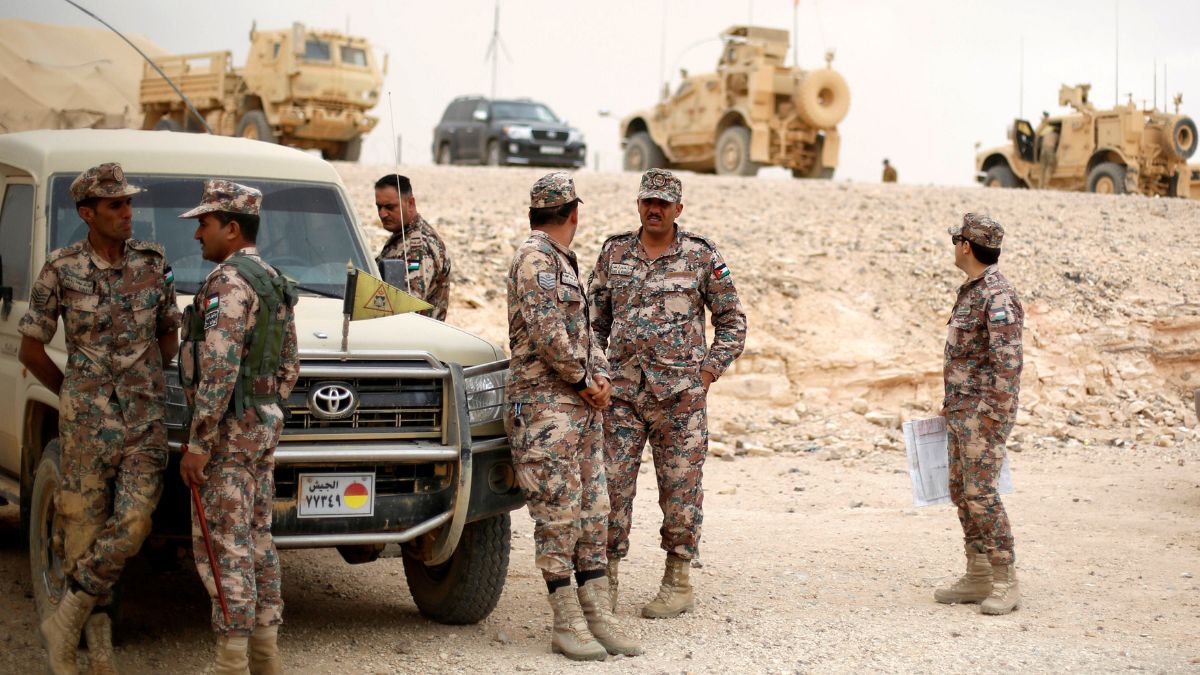)
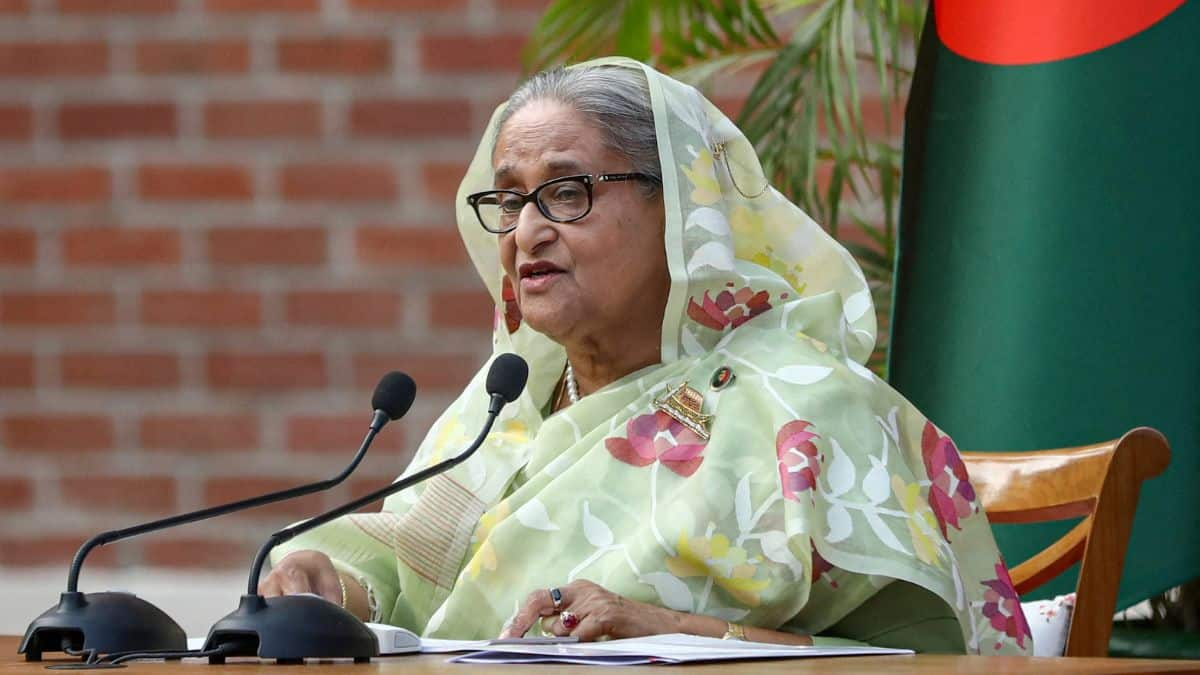
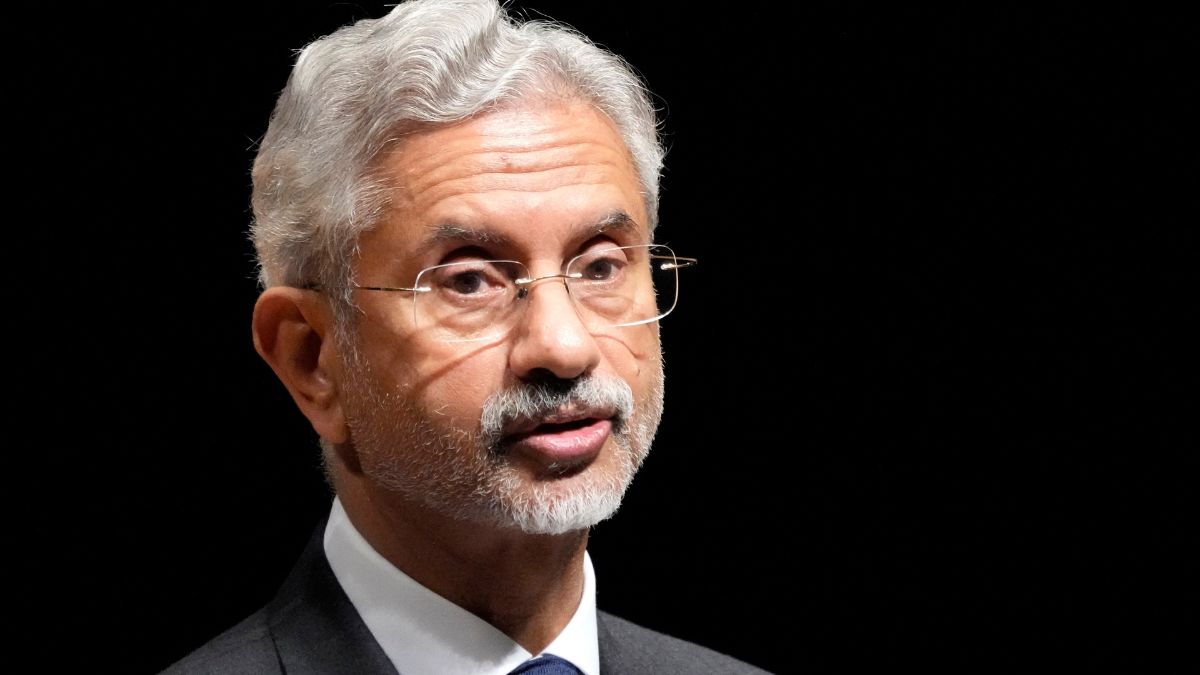)
)
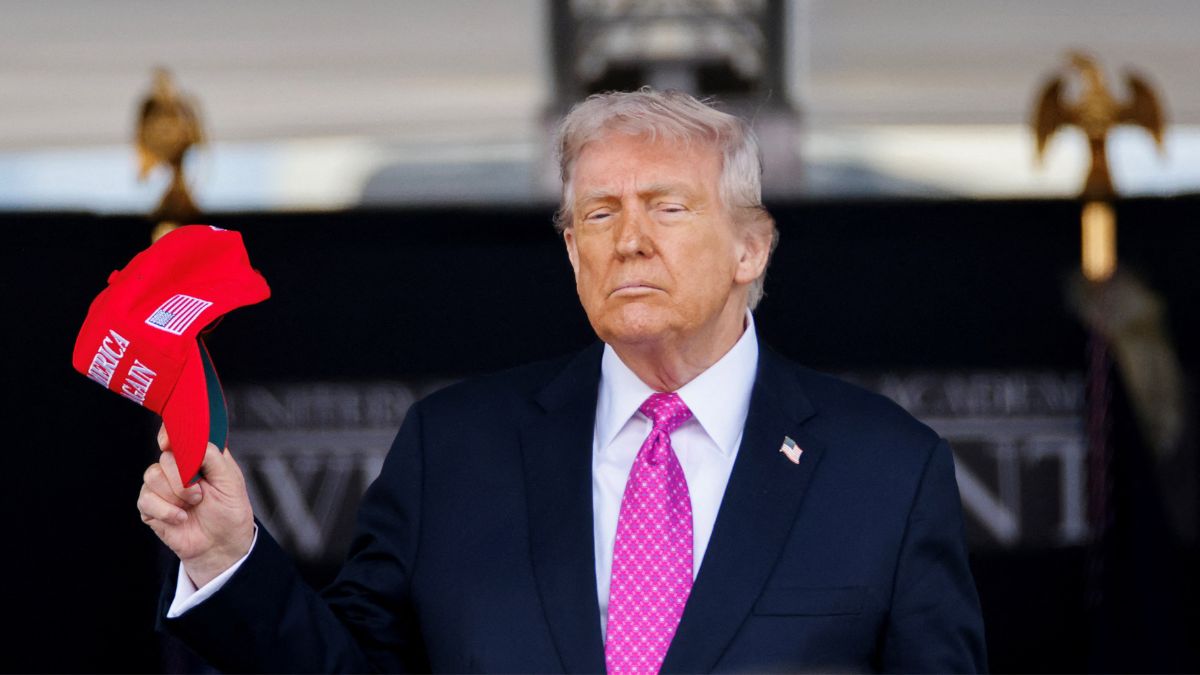)
)
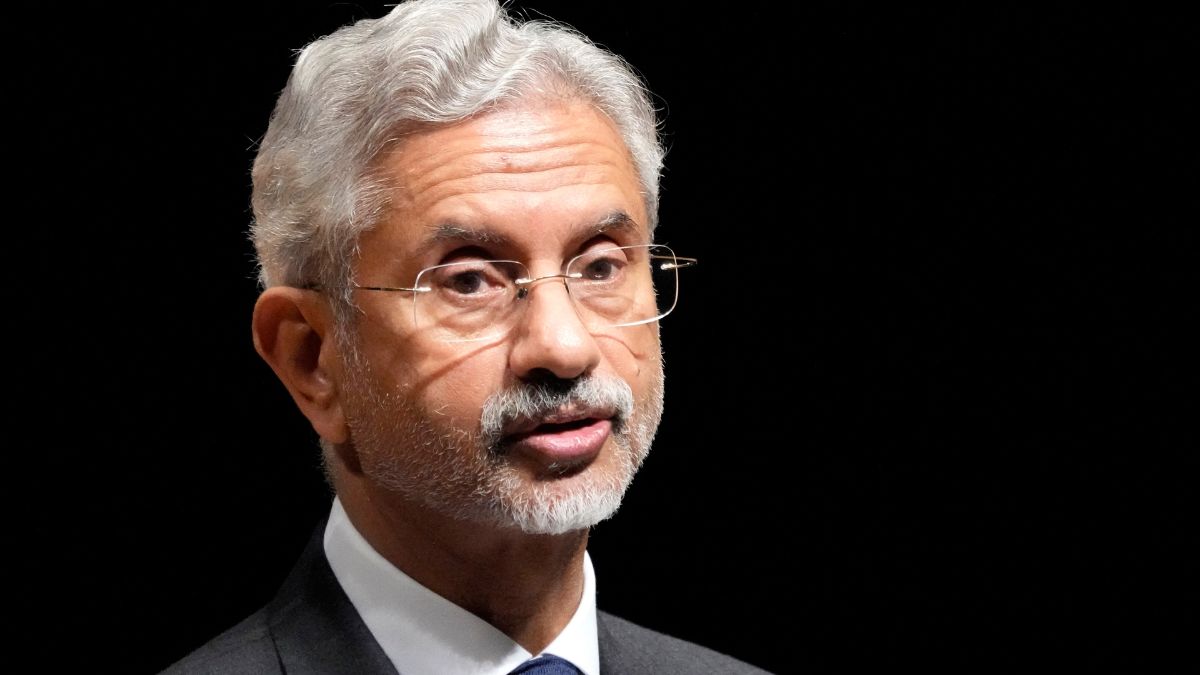)
)
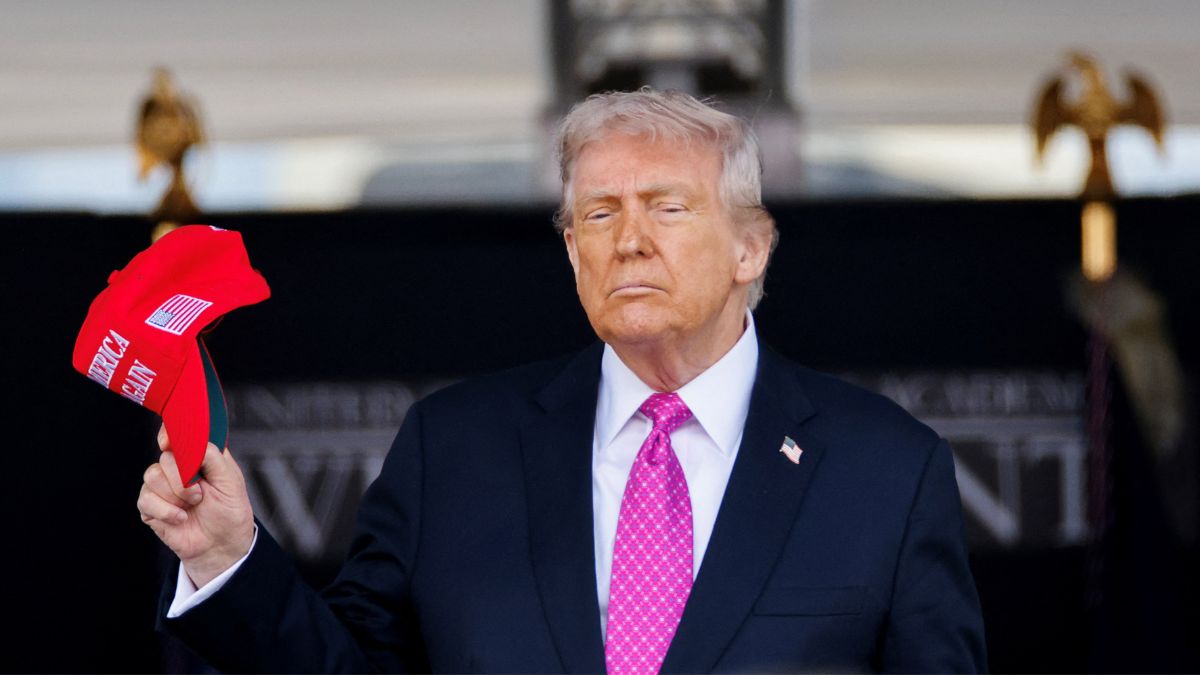)
)



